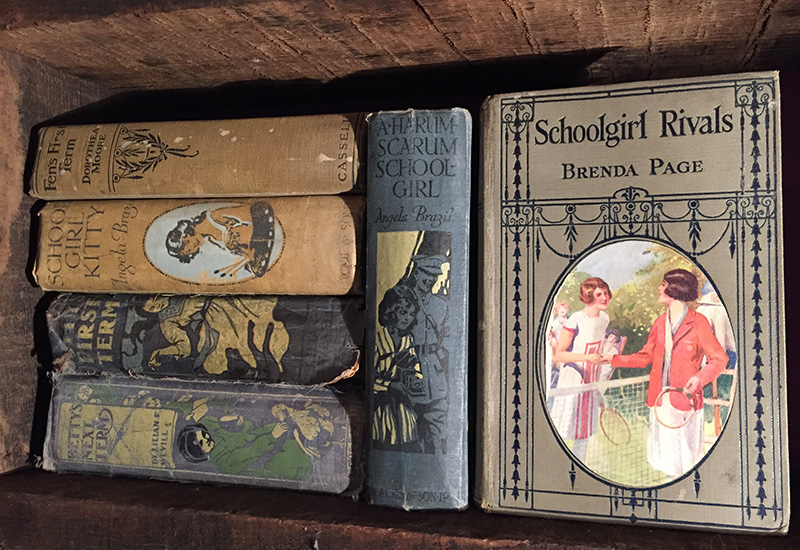In the age of Kindle, do people still collect books? Answer: yes they do – but few do so with much thought for investment, which is the way it should be. People collect books, as they do anything, for different reasons, but always because they feel a connection to something. Often an object, whether it is a thimble or a piece of Meissen pottery, will trigger a memory of where it was acquired and under what circumstances.
We can recall episodes in our lives through the things that stand on our shelves: holidays we took; visiting a place with loved ones; haggling with the seller; spending too much; or finding a bargain. I knew someone once who was reconstructing a collection of books they had had as a child, which was lost to them when they left home under difficult circumstances. I know another collector who is building a collection that he intends to donate to his old university. For them it is not a question of investment, but emotion. Collecting is usually a private pastime, but I also know of couples who share an enthusiasm – a rare phenomenon, but how lovely to share a passion.
I don’t collect. I don’t have the “collecting gene” – which is just as well because I have to sell the things I buy and becoming attached to them would be fatal to my business.
If I did collect, I would go for books which have a value beyond the words on the page: books as “objects”. For instance, books with beautiful bindings, which are examples of the binder’s craft, or artists’ books, produced in limited numbers, sometimes even unique, which represent a particular “vision”. Or then again I might collect examples of the history and art of printing. All these areas have real value, but don’t come cheap.
Maybe you are starting out in the book collecting area and wondering what to collect. The answer is: collect in an area that will bring you pleasure. If you look at a book collection catalogue at the sometimes mouth-watering prices and find that off-putting, you might think about ephemeral items. “Ephemera” covers a wide range, from posters to Victorian theatre programmes, letters and documents to tradesmen’s cards. Such things will often carry a high value – often more than a book because they will be rarer. In the modern world we produce a lot of ephemeral things, but virtually all of it has some interesting aspect, whether it is the design of a chocolate bar wrapper or a furniture catalogue.
These things tell us about ourselves and our aesthetic taste and will have value to the historians of the future. Whatever you do collect – books, or thimbles, glass or stamps – I wish you well. It’s the hunt that’s the important thing.
Wool House Books (see BlogSpot), based in Beckley, is always looking to buy books, photographs, postcards and any paper items of interest (but not stamps) and is willing to travel. If you have something like that to sell – or maybe you just want some idea of the value – please call 01797 260240.
The author runs Wool House Books. Photo: Tony Nunn



